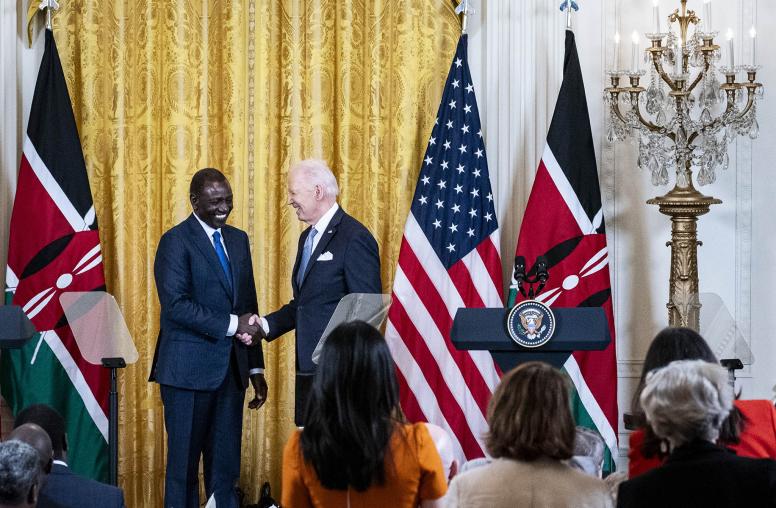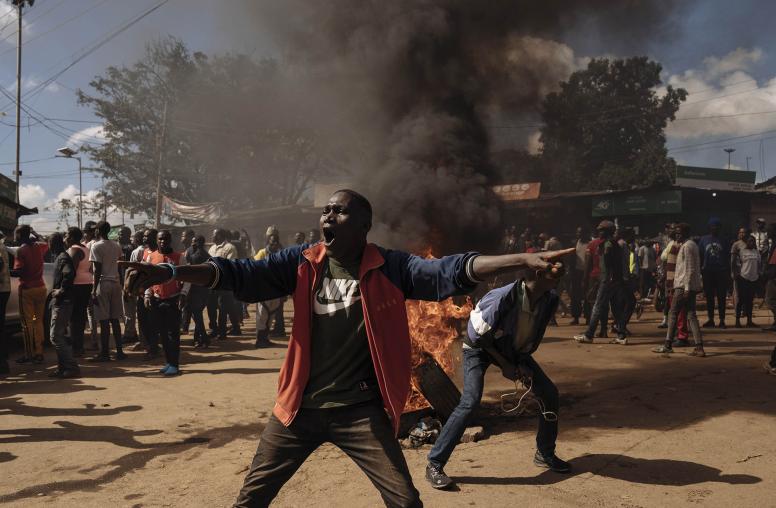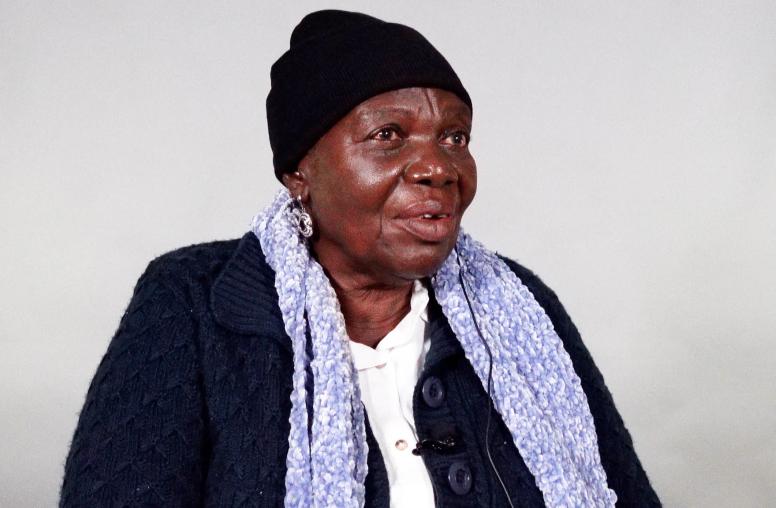Internal Displacement and Local Peacebuilding in Kenya
Since the election in December 2007, Kenya has witnessed an unprecedented degree of postelection violence that has produced large numbers of victims, including hundreds of thousands of internally displaced persons (IDPs). This persistent insecurity linked to mobilized youth, local impunity, and the failure of the police and legal system makes resettlement and reintegration of the displaced dangerous.

Summary
- Peacebuilding after the 2007–08 postelection violence in Kenya is inextricably linked to the challenges of dealing with the hundreds of thousands of people that the violence internally displaced—a problem recognized in the national accord drawn up after the violence occurred.
- Effective resettlement of internally displaced persons (IDPs) and reconciliation should be a key indicator of successful peacebuilding, which in turn requires appropriate monitoring and evaluation of resettlement, reconciliation, and compensation efforts. In addition to the broader reforms stipulated in the national accord, the legislature and judiciary should be encouraged to more systematically address the grievances around internal displacement.
- Currently, nongovernmental peacebuilding organizations continue to be urban and Nairobicentric, focusing on sporadic small projects, youth exchanges, and workshops. They rarely tap into informal or formal networks of local people and institutions, and no rigorous monitoring and reporting of previous hot spots of violence occur in an institutionalized and continuous manner.
- Local-level government responses to displacement remain largely within a pre-election security paradigm, entailing the construction of more police posts and involving the provincial security apparatus in compensation and resettlement. This is not effective. Much more needs to be done, including structural reforms that improve transparency and accountability in government institutions at the local level.
About the Report
This report, sponsored by the Center for Conflict Analysis and Prevention, follows a June 17, 2008, U.S. Institute of Peace panel discussion on displacement in Kenya and is based on extensive local research, including monitoring work before the 2007 election. In writing and researching this paper, we are grateful to Dr. Raphael Kinoti of the National Council of Churches of Kenya, Mr. Mutuku Nguli of PeaceNet, Abdullahi Boru, and Job Kipkosgei, as well as the many others who shared their knowledge and insight. Jacqueline Klopp is an associate research scholar at Columbia University and a board member of the Internal Displacement Policy and Advocacy Center (IDPAC) based in Nakuru, Kenya. Patrick Githinji, a former high school teacher and university student prior to displacement, and Keffa Karuoya, IDPAC program officer, have both been displaced multiple times and continue to work for IDPAC.



